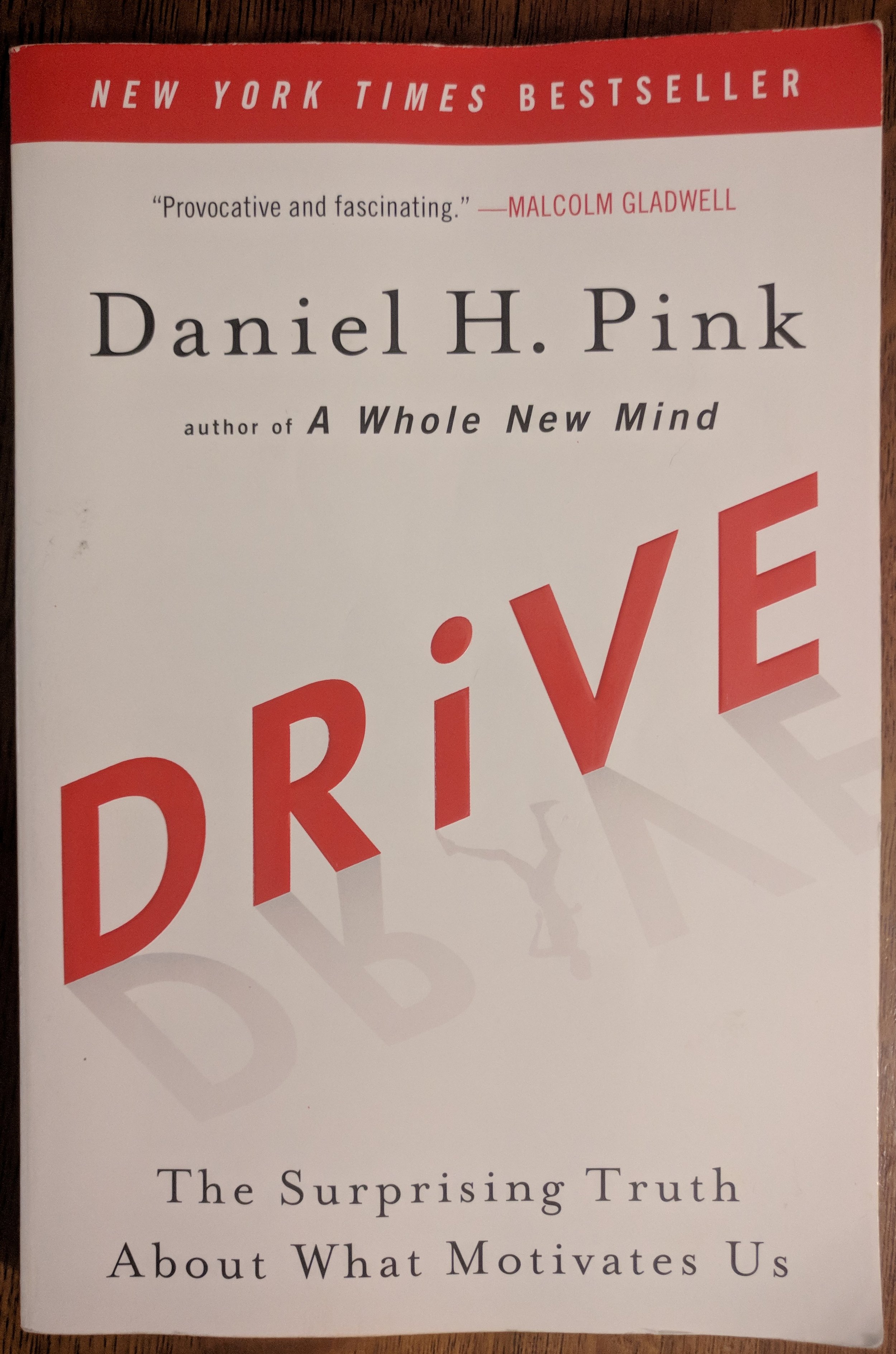There is a significant difference between being busy and being productive. How often, at the end of the day are we amazed at how exhausted we are and how little we accomplished? Now, can you imagine how much more vitalized, energized, and enthusiastic we would be if we ended the day exhausted, but could look back and see at least one major accomplishment completed? How much more motivated and excited would you be for the next day ahead of you?
Multiple psychological studies have been done over the years, to understand the value of and insight into “multi-tasking”. The studies show what wise men and women have been telling us over the centuries. There is a Russian proverb that tells, “If you chase two rabbits…you will catch neither one.” Circus lion tamers know this secret as well. Why do you think they go into the ring/cage with a chair pointed at the lion? Well, the lion is force to account for all four legs of the chair pointing at them, and thus they are more sedate as they cannot figure out which one to attack.
In this book, Gary Keller and Jay Papasan help the readers lean the value of and how to help direct your work in a more focused manner so that you can learn to accomplish great things. The concepts and ideas are simple, but putting them into practice takes self-discipline. We live in a world where most work environments throw multiple tasks, duties, and responsibilities at each of us. We are often bombarded with email, phone calls, instant messages…all seemingly demanding our immediate attention. When we are pulled away from fruitful tasks, it takes time to re-gain focus and make progress towards the items that are really important.
No matter your profession or station in life, the ideas and concepts in this book are helpful. Read the book, learn, absorb, and put it into practice. You will not be disappointed.











